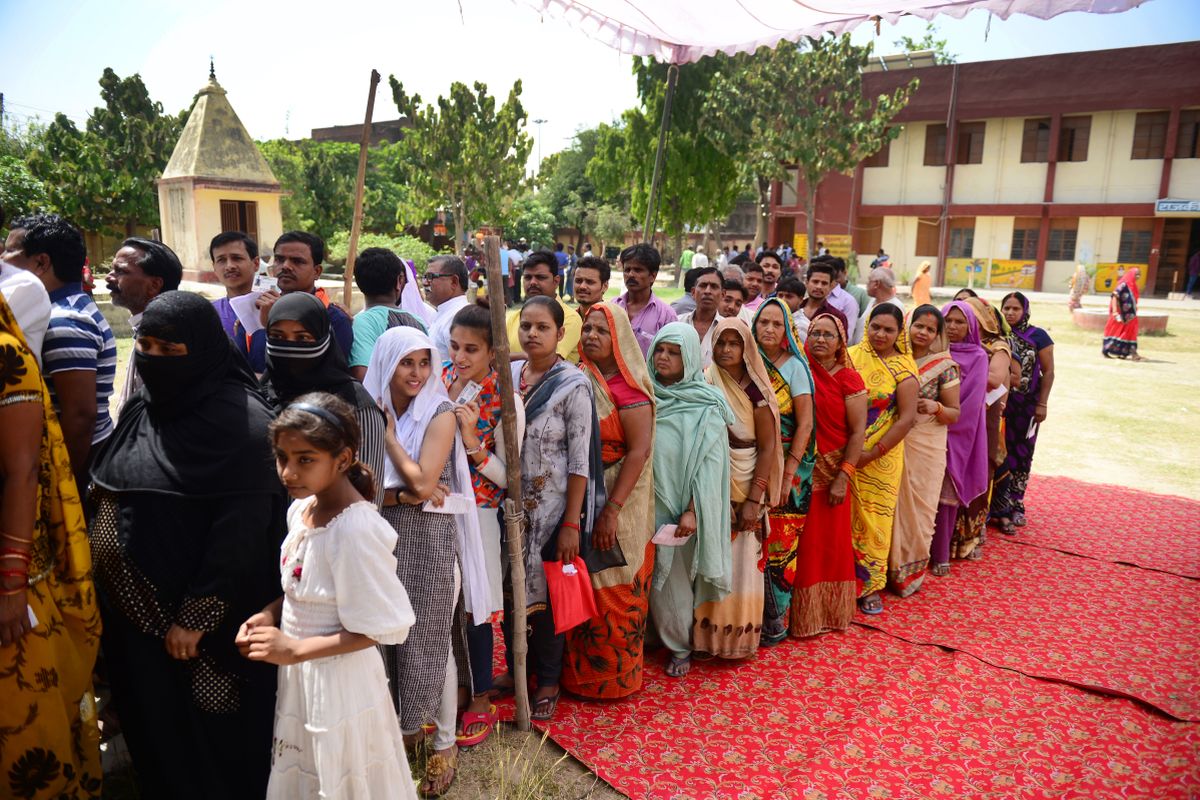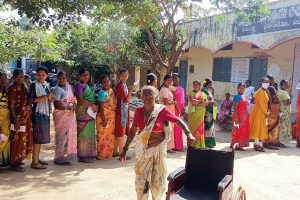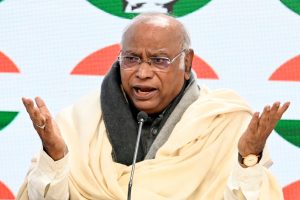What is democracy? When asked the question, a common answer that echoes the quote by Abraham Lincoln is: “A government of the people, by the people, for the people.” This widely accepted definition places phenomenal power in the hands of the people, comprising of individuals, like you and me; the crux of this, however, remains: participation. Do the citizens exercise their rights and duties? More important still, do they know of them? Many of us would like to believe that we constitute a part of the populace, who know, and, therefore, actively express, but is mere expression enough?
Today’s time and age is defined by dynamism, and yet another element defined by this adjective is change. Do we need change, especially if it draws us almost always outside our comfort zone? Where is change dire, and where is it desired? Who secures the basis for this change – its domain, its specifics, its implementation? In a country as varied as India, what challenges are faced by the change drivers and implementers? A thousand questions could very well follow. The important question remains: where do we find these individuals, who are willing to nourish and cultivate change? They just don’t ‘sprout’. Do they?
Over the years, the subject of public policy has attained a new understanding, and with it a new meaning. The career graph promises not only a steep climb, but also empowers, enhances and expands ones personality and horizons in unfathomable ways, the satisfaction not being limited to the materialistic domain only, but also the citizen-centric space. The pivotal point, however, remains the ‘grooming’ or ‘developing’ of these future policy makers. Can individuals, actually, be trained to draft policies in such dynamic scenarios as in our country? If yes, what does the curriculum propose and entail? How is the ‘training’ actually executed? And the faculty? They must be not only highly accomplished, but also widely exposed.
Says Shubhashis Gangopadhyay, Dean, the Indian School of Public Policy or the ISPP that was launched in 2018: “As societies become more and more knowledge-based, rules and institutions that shape local, national and global engagements will have to change to meet the aspirations of the youth in India. Designing these rules and institutions will form the essence of public policy in the next few decades. Because they will be affected by them, the youth must participate in designing them. This is also why the ISPP is conceived as the first Indian school of public policy focused on the design and management of institutions and rules that govern society.”
Parth Shah, founder president, Centre for Civil Society that advocates social change through public advocacy, adds that the curriculum that plays a vital role should be designed with focus on skills, political economy, ethics and leadership, acronymed as SPEL. The career prospects, he highlights as being multifaceted across diverse domains such as: policy and social research; development and social innovation projects; governance; policy analysis and impact evaluation; and policy design and implementation, among others.
It is to remember that for a better future, we need to empower and enable those who are a part of it, without which the dream of a better tomorrow will be left just at that – a dream.
(Sarah Berry is a Consultant – Content, Outreach and Public Diplomacy)










